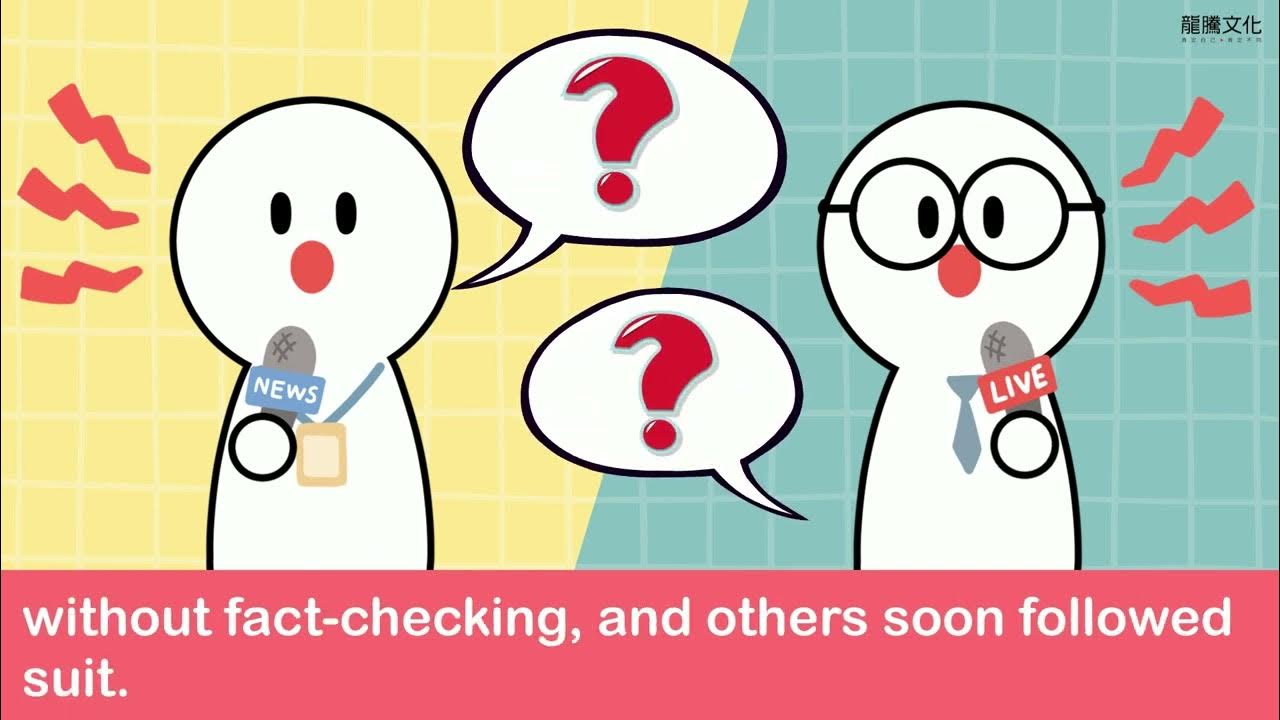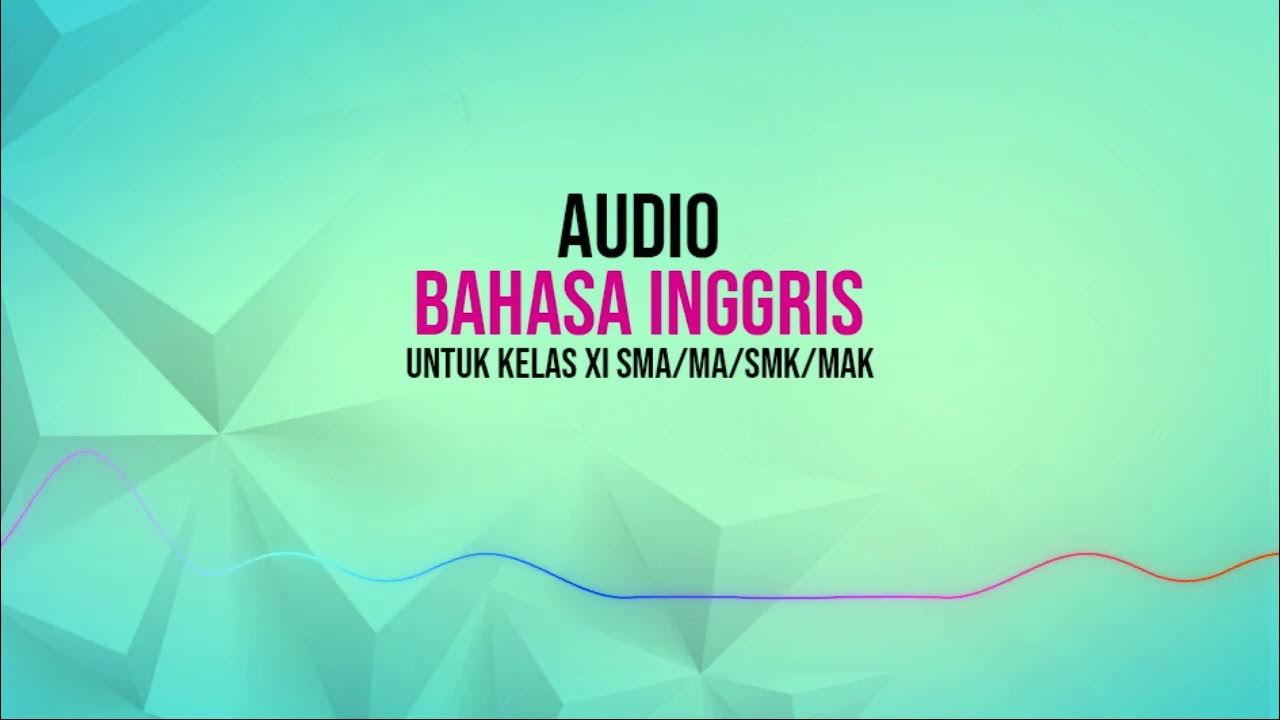Fake news - Tim Verheyden
Summary
TLDRIn this discussion, Tim Verheyden addresses the rise of fake news, focusing on its impact on society and democracy. Using the example of the U.S. Capitol riot on January 6, he illustrates how conspiracy theories, such as QAnon, fueled real-world violence. Verheyden explains that fake news is more than just false headlines—it's part of a larger disinformation problem, amplified by social media algorithms. He emphasizes the danger of information bubbles and the need to hold social media platforms accountable for spreading disinformation, calling it one of today's greatest societal challenges.
Takeaways
- 📰 Fake news involves creating misleading headlines and attaching fabricated stories to real images.
- ❗ Disinformation is a broader and more significant issue than fake news, especially in the digital age.
- ⚠️ The January 6th Capitol attack was fueled by conspiracy theories and online lies, motivating people to take real-world actions.
- 💡 People believed in conspiracy theories like QAnon, which claimed that a satanic group of pedophiles secretly controls the world.
- 🔗 Online algorithms on social media reinforce people's beliefs by showing them more of the same content, trapping them in echo chambers.
- 🤔 Disinformation threatens society by undermining our shared knowledge, which is essential for human survival and growth.
- 🌐 The rapid spread of false information is accelerated by technology and social media platforms.
- 🎯 Fake news is only one component of the larger issue of disinformation, which is becoming more sophisticated and harder to combat.
- 🔍 The speaker emphasizes that we need to hold social media platforms accountable for the content they allow and how they influence users.
- 🚨 The speaker challenges society to address the lack of empathy and responsibility in online spaces, and questions why the same rules that apply in the real world aren't enforced online.
Q & A
What is 'fake news' as explained in the script?
-'Fake news' is described as fabricated stories that take a real photo or headline, and then an entirely false narrative is created around it to spread misinformation.
How did fake news contribute to the storming of the U.S. Capitol on January 6th, 2021?
-Fake news, conspiracy theories, and online lies, particularly those about the U.S. presidential election being stolen, fueled people's beliefs and motivated them to storm the Capitol.
What is the 'QAnon' conspiracy mentioned in the script?
-The 'QAnon' conspiracy suggests that the world is run by a satanic group of pedophiles and that former President Trump was supposedly the person who would expose them.
Why does the speaker say that the situation on January 6th was not just about fake news?
-The speaker clarifies that while fake news played a role, the events on January 6th were more complex, influenced by online bubbles and algorithms amplifying conspiracy theories and misinformation.
How do social media algorithms contribute to the spread of fake news?
-Social media algorithms amplify and reinforce fake news by continuously showing users similar content, trapping them in an 'echo chamber' or 'rabbit hole' of misinformation.
What does the speaker mean by 'disinformation warfare'?
-The speaker refers to 'disinformation warfare' as the deliberate spread of false or misleading information as a strategy to confuse, manipulate, and undermine trust in reliable sources.
Why does the speaker compare fake news to sports?
-The speaker compares fake news to a discipline within the larger concept of disinformation, like how specific sports (e.g., football, running) fall under the broader category of sports.
What impact does disinformation have on society, according to the speaker?
-Disinformation undermines knowledge, which is essential for survival and functioning as a community. It destabilizes trust and creates confusion in society.
What is the speaker’s concern regarding empathy and social media?
-The speaker expresses concern that empathy is being lost on social media, as people are exposed to more divisive and extreme content, eroding common understanding and compassion.
What is the challenge the speaker identifies with social media today?
-The challenge is finding a way to hold social media accountable and restore balance, where real-world norms and laws can be applied to the online space, to combat the spread of disinformation.
Outlines

This section is available to paid users only. Please upgrade to access this part.
Upgrade NowMindmap

This section is available to paid users only. Please upgrade to access this part.
Upgrade NowKeywords

This section is available to paid users only. Please upgrade to access this part.
Upgrade NowHighlights

This section is available to paid users only. Please upgrade to access this part.
Upgrade NowTranscripts

This section is available to paid users only. Please upgrade to access this part.
Upgrade NowBrowse More Related Video

Fake News einfach erklärt (explainity® Erklärvideo)

B5L2 課文動畫(英文字幕版)(Battling Fake News)

How Disinformation Spreads (With ATOM ARAULLO)

How to seek truth in the era of fake news | Christiane Amanpour

Tips para hindi mabudol ng maling impormasyon (With KARA DAVID)

AUDIO BAHASA INGGRIS UNTUK KELAS XI SMA/MA/SMK/MAK
5.0 / 5 (0 votes)